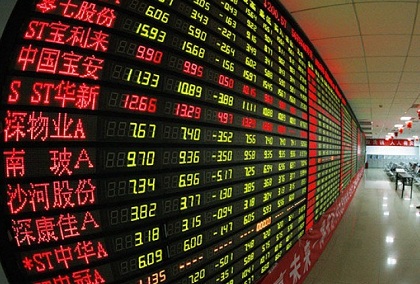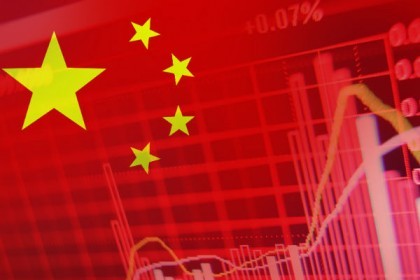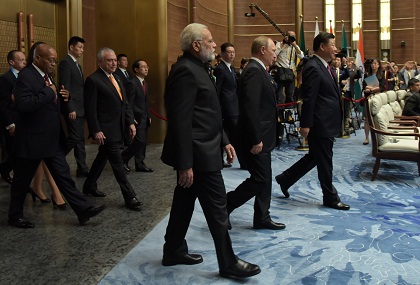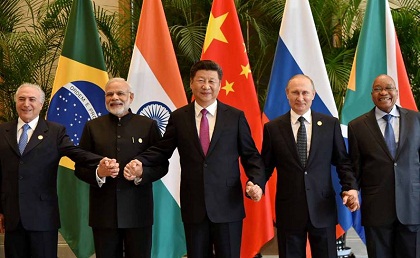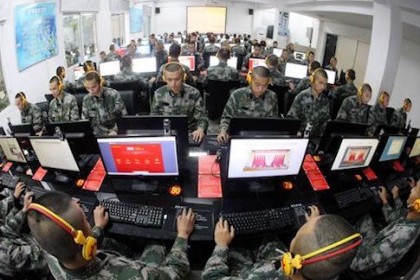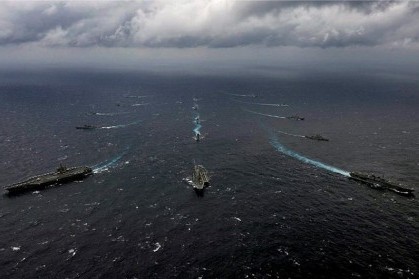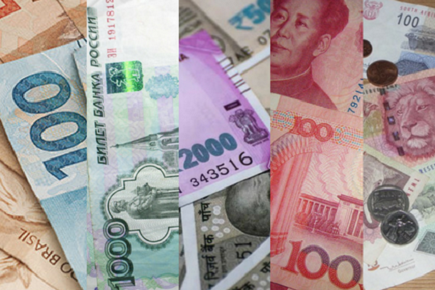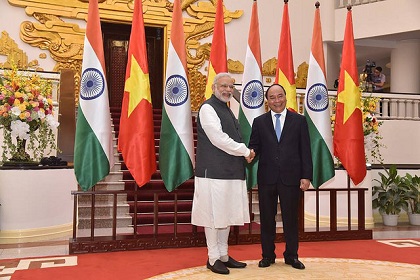Xi’s PLA agenda: real reform or power gambit?
Chinese President Xi Jinping’s reforms, some of which have been effected in the run-up to the 19th Party Congress, have served to both modernise the People’s Liberation Army (PLA) and also strengthen his hold on it. They may also have resulted in adversely affecting the PLA’s combat efficacy


